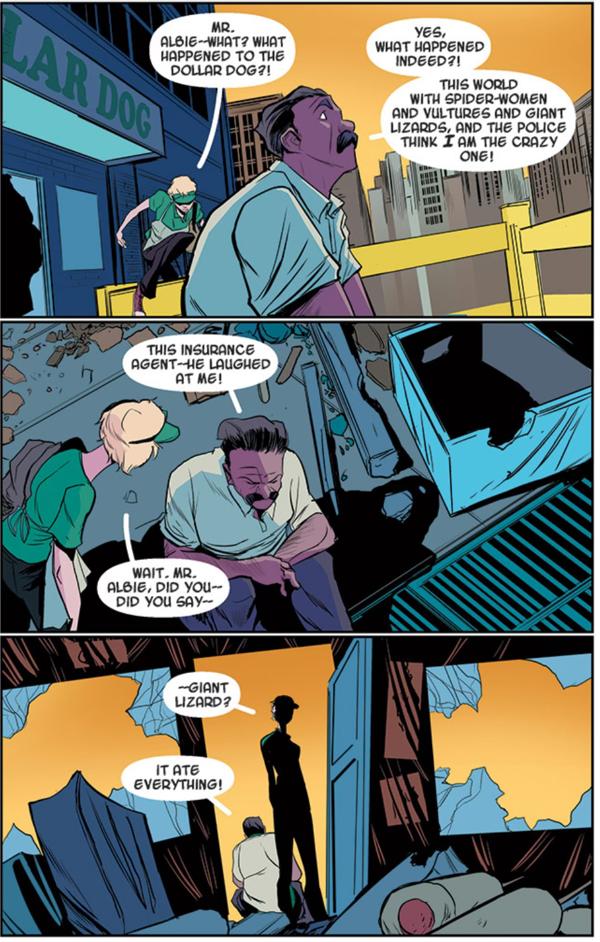Scars are not injuries, Tanner Sack. A scar is a healing. After injury, a scar is what makes you whole.
Okay, I really thought that Perdido Street Station was one of a kind. A dark, twisted magical world, full of strange creatures, stranger magic, and some truly weird and terrible things lurking just under the surface.
Well, The Scar manged to do quite the job proving me wrong.
First off, we have the setting. In Perdido Street Station, the city of New Crobuzon itself was as much as a character in the stories as any of the, well, characters. So imagine my surprise where the city is only barely mentioned this time around: instead, we have Armada, a mighty floating city built on the back of untold years of captured (and otherwise) ships lashed all together.
Vessels knocked together for hour upon hour, like bones, like someone infinitely stupid and patient at the door of an empty house.
And deep under this city? Mile long chains, designed to harness… something to the city.
So many truths have been kept from me. This violent, pointless voyage has been sopping with blood. I feel thick and sick with it. And that is all: contingent and brutal without meaning. There is nothing to be learnt here. No ecstatic forgetting. There is no redemption in the sea.
So cool.
And that’s not even getting into dead languages, weapsons and fighting styles that harness Possibility itself, a race of deadly mosquito people, and all the other terrors one might find on (and under) the ocean.
And then the characters. Bellis Coldwine, a linguist of all things (I love linguistics). An acquaintances of Isaac Dan der Grimnebulin’s (I love that name) on the run after the whole Slakemoth thing. Stuck on Armada, just looking for a way home.
Silas Fennec. A traveler and so much more from New Crobuzon, with his fingers (and tongue (you’ll see)) in just about everything going on one way or another.
Tanner Sack. A Remade, fully adapted to life on–and in–the sea around Armada.
Uther Doul. A mysterious figure with truly weird sword.
The Lovers. Rulers of Armada. Referred to in text as ‘The Lover’ and ‘The Lover’.
I just love how strange and different Miéville manages to write characters.
In the deepest places, where physical norms collapse under the crushing water, bodies still fall softly through the dark, days after their vessels have capsized. They decay on their long journey down. Nothing will hit the black sand at the bottom of the world but algae-covered bones.
Overall, if anything I like The Scar even more than I did Perdido Street Station. I can’t wait to see what’s next!
